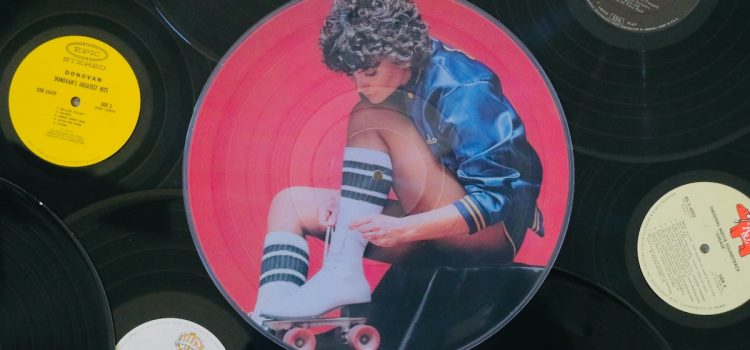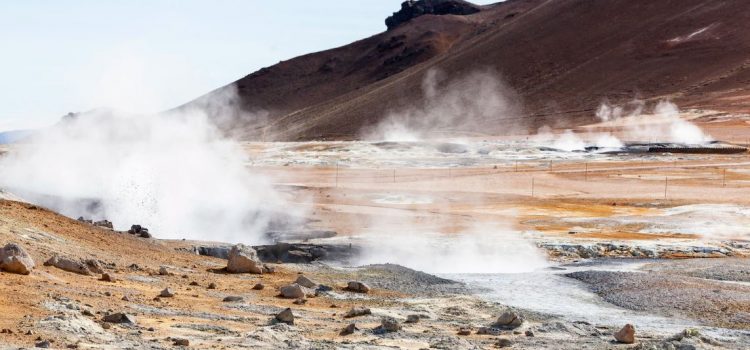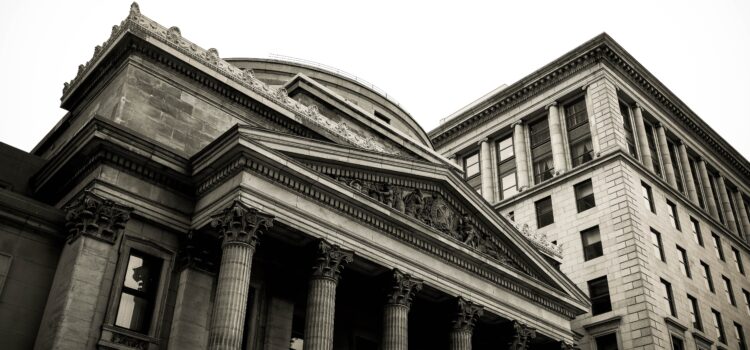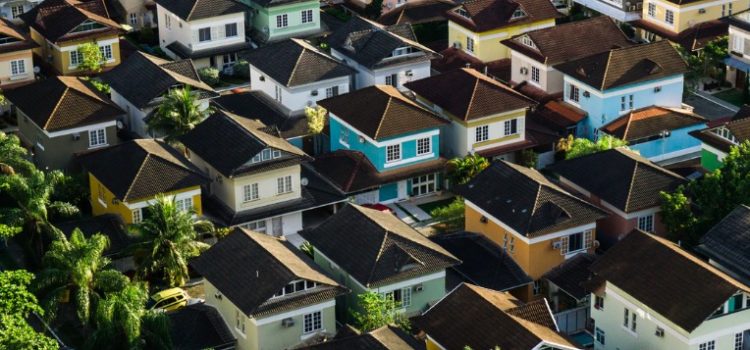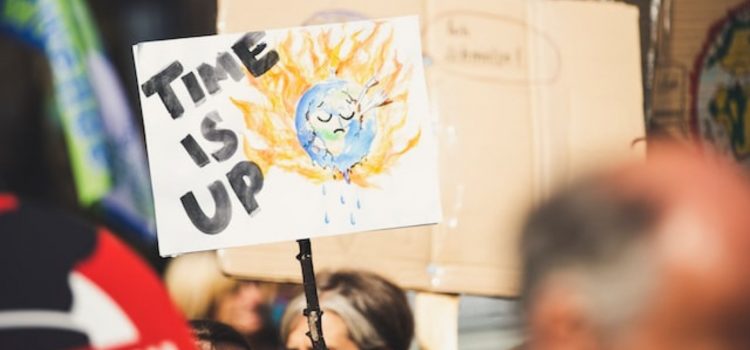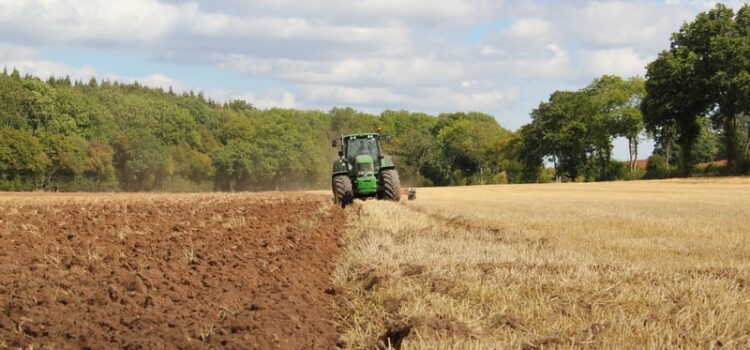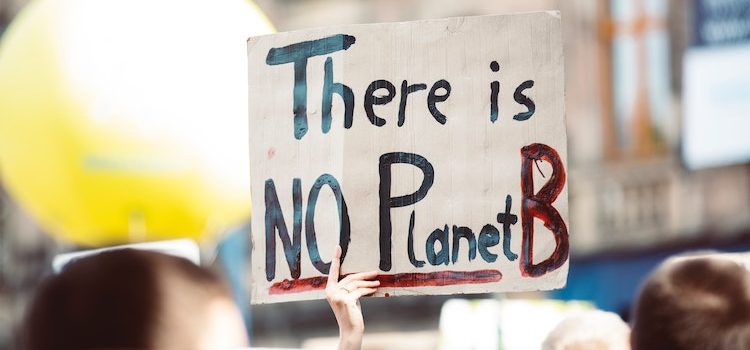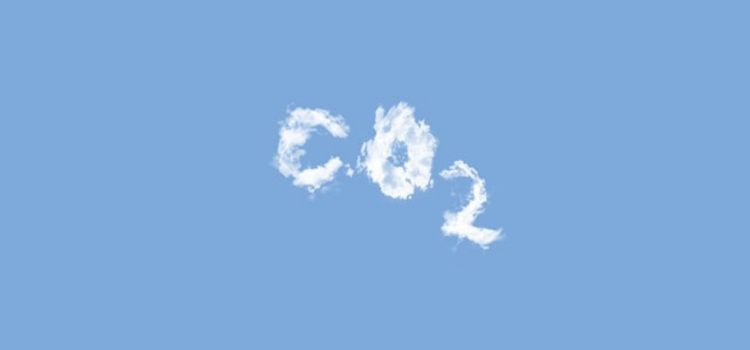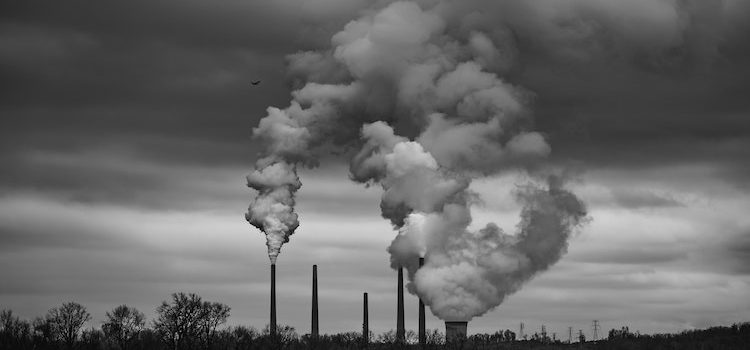How does capitalism impact innovation? What does history tell us about the drivers of innovation? In Where Good Ideas Come From, Steven Johnson contends that good ideas and novel innovations are largely the result of social collaboration. He argues that capitalist competition can get in the way of this productive cooperation. Continue reading to understand Johnson’s view of the connection between capitalism and innovation.
Capitalism and Innovation: How Competition Stifles Ideas


